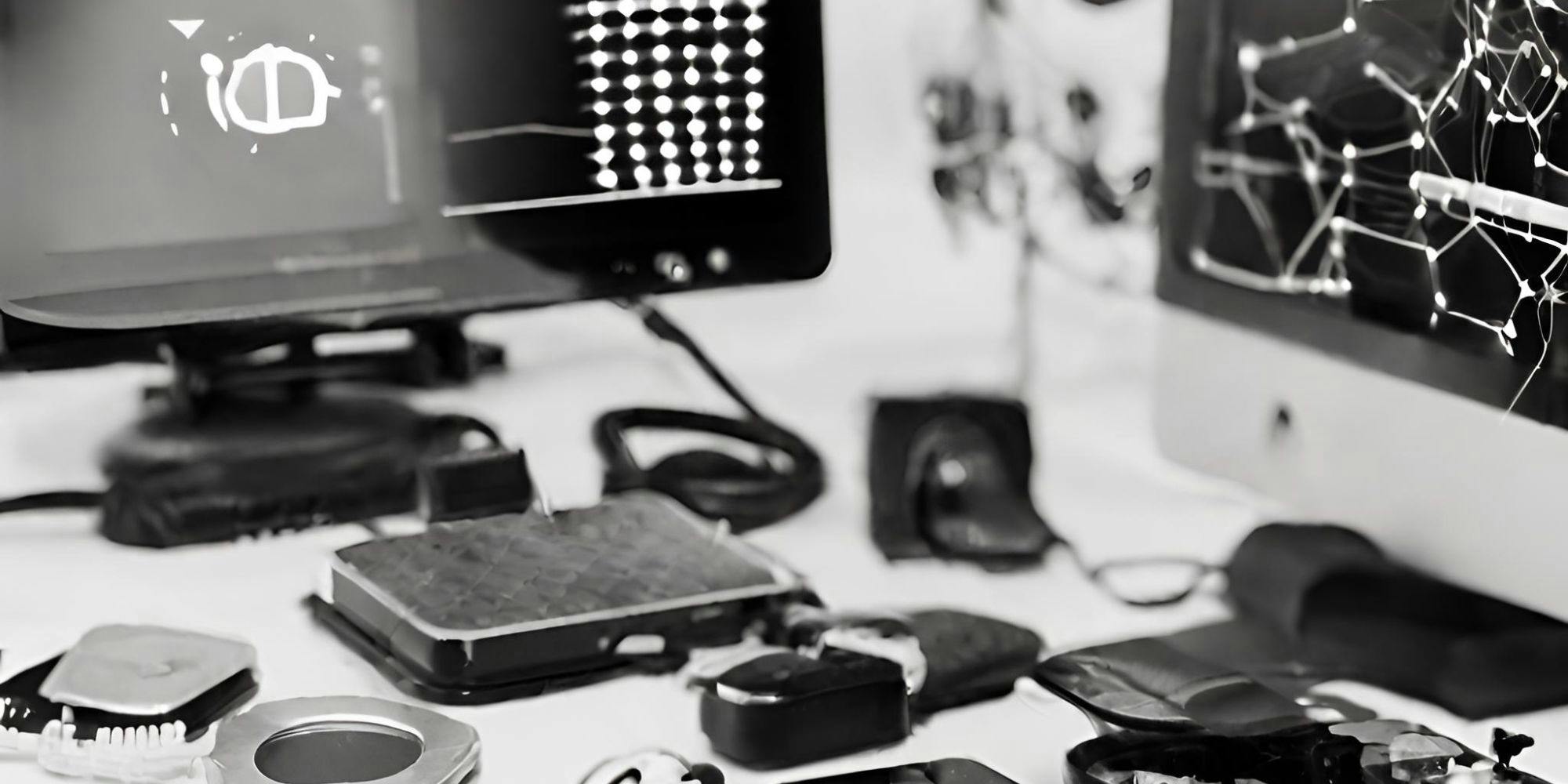Unleashing the Power of the Internet of Things (IoT)



Unleashing the Power of the Internet of Things (IoT)
The Internet of Things (IoT) has emerged as a transformative force, connecting the physical and digital worlds like never before. It's a technology that holds the promise of making everyday objects smart and enabling a world of interconnected devices. In this blog post, we embark on a journey to explore the incredible world of IoT, uncovering its core principles, applications, and the impact it has on various industries.
What is the Internet of Things (IoT)?
The Internet of Things (IoT) is a network of interconnected devices, objects, and sensors that can collect, exchange, and act upon data. These "smart" devices are equipped with sensors, software, and connectivity, allowing them to interact with their environment and other devices.
Key Principles of IoT
Sensors and Data
Sensors play a central role in IoT by collecting data from the physical world. This data can include information about temperature, location, motion, and more.
Connectivity
IoT devices are connected to the internet or private networks, enabling them to send and receive data. This connectivity is essential for real-time communication and remote control.
Data Processing
Data collected by IoT devices is processed and analyzed to extract meaningful insights, detect patterns, and trigger actions.
Applications of IoT
Smart Homes
IoT is revolutionizing home automation with smart thermostats, lighting, security systems, and voice-activated assistants.
Healthcare
IoT is improving patient monitoring, medication adherence, and remote diagnostics in healthcare.
Industrial IoT (IIoT)
In industrial settings, IoT optimizes operations through predictive maintenance, asset tracking, and real-time data analysis.
Smart Cities
IoT is used to enhance urban infrastructure with smart traffic management, waste management, and environmental monitoring.
Agriculture
IoT assists farmers in precision agriculture by providing data on soil conditions, crop health, and weather.
Challenges and Future
IoT faces challenges related to security, privacy, and interoperability. The future of IoT includes the expansion of 5G networks, improved device security, and standardized communication protocols.
Impact on Industries
IoT is transforming industries across the board. It's enhancing efficiency, enabling data-driven decision-making, and creating new opportunities for innovation. IoT's potential for remote monitoring and automation is reshaping the way we live and work.
In conclusion, the Internet of Things is not just a technological revolution; it's a paradigm shift that connects devices, objects, and systems, unlocking new possibilities for a more connected and efficient world. Understanding the fundamentals of IoT is essential for anyone looking to navigate the evolving landscape of technology.